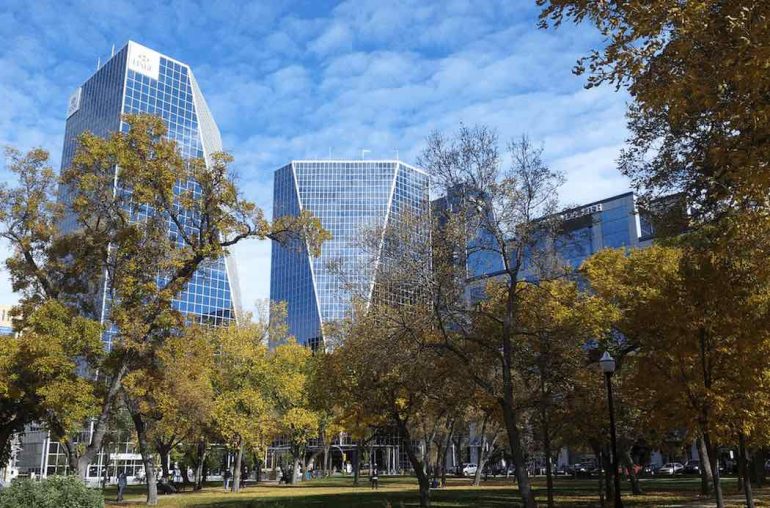Unlike some other, recent provincial budgets, Saskatchewan’s 2022-23 budget came in light on innovation investment, choosing instead to pour money into infrastructure through its Capital Plan.
However, the Saskatchewan Party announced that it would combine two agencies to create a single innovation agency, and increase the annual Saskatchewan Technology Start-up Incentive (STSI) tax credit cap.
“By integrating SOCO’s facilities with Innovation Saskatchewan’s programs, we can support the innovation ecosystem.”
Beyond those two initiatives, the party offered little in the way of details as to how it would grow and assist the province’s technology sector.
The Saskatchewan Opportunities Corporation (SOCO) is being combined with Innovation Saskatchewan into a single agency. SOCO is a Crown corporation that operates the research parts at the universities of Regina, and Saskatchewan. SOCO also provides support to startups and early-stage technology companies.
Innovation Saskatchewan (IS) was established in 2009 as a government agency that provides recommendations and advice to the Saskatchewan Government regarding its strategic direction in the areas of research, development, science, and technology. IS is also involved with the demonstration and the commercialization of new technologies.
“By integrating SOCO’s facilities with Innovation Saskatchewan’s programs, we can support the innovation ecosystem, the creation of jobs, and attract startup companies and research partners to the province,” said Jeremy Harrison, the minister responsible for IS.
RELATED: BC’s budget strong on cleantech; Alberta positions itself as major tech hub
The other innovation mandate announced in the budget was an increase in the annual STSI tax credit cap from $2.5 million to $3.5 million. The STSI encourages investment in early-stage technology startups that bring new products to market and create jobs in Saskatchewan. The program offers a non-refundable 45 percent tax credit to Saskatchewan-based investors who invest in eligible technology startup businesses.
The provincial government first introduced the STSI in its 2018-2019 budget. The STSI was subsequently extended for five years in the province’s 2021 budget.
IS noted that $8.5 million worth of investment has been submitted for approval since June 2021, a 50 percent increase over the previous fiscal year. As well, it noted that STSI attracted over $45 million worth of investment to early-stage companies.
Overall, the Saskatchewan Party forecast the provincial deficit at $463 million, down more than $2.1 billion from the previous year. Donna Harpauer, the deputy premier and minister of finance, said the province is predicting three years of progressively smaller deficits with a return to a balanced budget expected in 2026-27.
The budget forecast revenue of $17.2 billion up $2.7 billion for the previous year’s budget. Helping drive the increase in revenue was revenue from taxes, which increased from $850 million from last year’s budget to $8.1 billion.
Photo courtesy of WikiMedia Commons.


